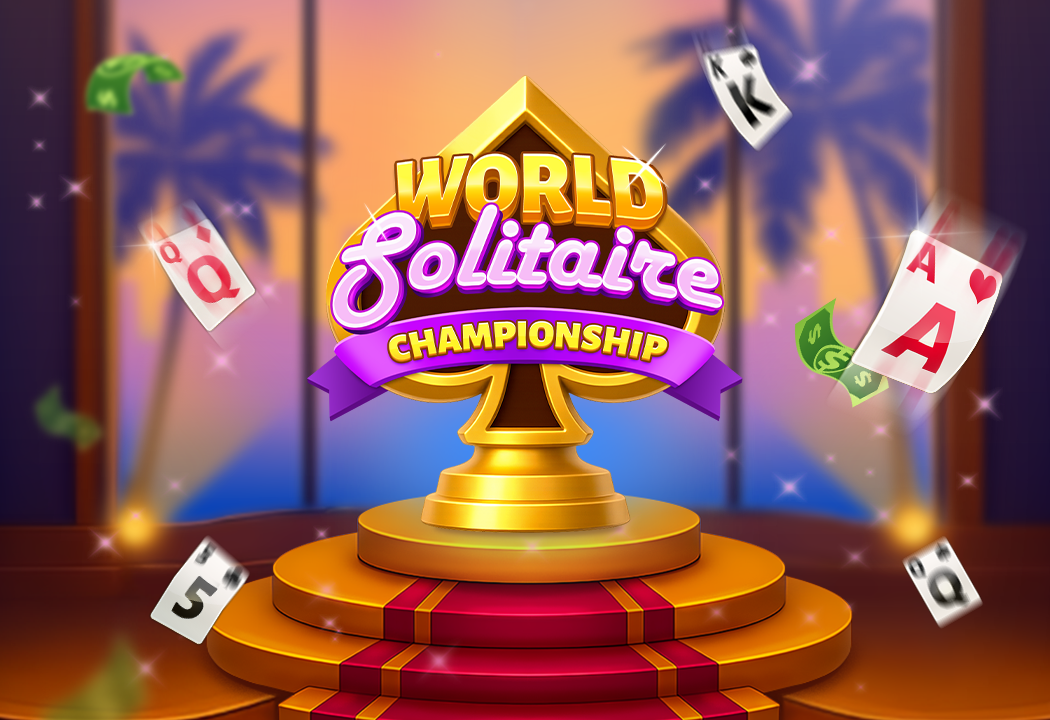How do children make friends? As adults, we’re taught connections are created in our social lives – through the dinner parties and work drinks, as well as more emotional moments of support and love. But for children, connection is different – perhaps even simpler.
Relationships are built on the thrill of a playground chase, a shared adventure, an energy to compete – friendships are imagined through play. It’s easy to view play as a distant memory of childhood, but it remains essential to our development and still has the power to enhance our lives. Let’s explore the value of play and how it energises, motivates and connects us.
Play on, together
In groups, play invites us to enjoy connecting with others – breaking down barriers and fostering openness. Whether through cooperative challenges or healthy competition, it encourages authentic interaction.
In a 2018 paper, the American Academy of Pediatrics highlights the power of play in building trust and empathy, by facilitating collaboration and improving our understanding of our peers.
In particular, games and creative challenges promote open communication that deepens interpersonal connection. Further research from the University of Delta also suggests play enhances group dynamics, encouraging a sense of belonging through turn-taking, cooperation and negotiation.
Simply put, play not only reminds us of the pleasure of being together, but how to interact with one another in our day to day.
Boost energy and motivation
Feeling stuck? Play could be your secret weapon. With the ability to rejuvenate mind and body, play sparks the release of endorphins – the body’s natural mood-boosters – leaving us feeling refreshed and positive.
It also acts as a natural performance-enhancer. By reducing our stress hormones, play helps us to build the level-headed clarity to tackle life’s challenges.
Playful activities – whether physical, like sports, or mental, like puzzles – also stimulate the brain, inspiring us to dream big. Promoting creative thinking and innovative problems-solving, play is important in fostering a renewed sense of purpose and motivation.
Build Resilience
Life’s challenges feel lighter when approached playfully. Through play we’re reminded it’s okay to experiment, stumble and try again – allowing us to reframe challenges as opportunities and turn failure into progress.
Individually, 2007 research from American Academy of Pediatrics highlights how play creates a “safe space” to experiment, make mistakes, and learn without fear of judgment, fostering resilience.
The freedom granted by adults' playtime can be transformative, enabling us to handle setbacks with a growth mindset – both in the workplace and in their personal life.
In a shared environment, whether through team-building games or positive affirmation from others, play builds trust and collaboration – forging resilience within groups. By encouraging trust and adaptability, it prepares groups to tackle challenges cohesively and effectively.
Feel Good
Above all, play helps us connect us not just to others but to a simpler, more inspired version of ourselves. It brings us back to those golden moments of childhood when every game, match and tournament felt like an exciting adventure.
Play also encourages fun and laughter with others, which developmental psychologist Aletha Solter highlights helps to reduce anxiety and strengthen the immune system.
Papaya believes that play isn’t just an activity; it’s a return to our childlike nature – a refresh of our mindset. So, what are you waiting for? Jump into the world of play, today.

.svg)





